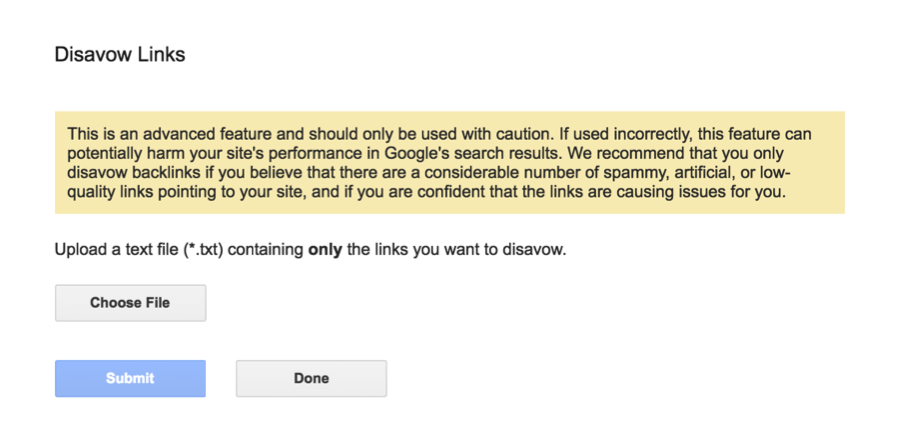On September 23rd, 2016, Google announced that one of their ranking signals, known as Penguin, has finally updated after nearly 2 years. Furthermore, Google stated that Penguin now works in real-time, meaning websites will no longer have to wait for official Google refreshes to recover from ranking decreases due to Penguin. Lastly, they also let webmasters know that Penguin is no longer a site-wide ranking signal, and instead affects websites on a more granular level.
This is big news for all websites, so let’s break all of it down and help you understand what it means for your business…
First, What Is Penguin?
Penguin was an algorithm update first released in 2012 with the intent of penalizing websites using ‘black hat’ or spammy/manipulative techniques to bolster keyword rankings. In practice, Penguin went after websites that artificially inflated their backlink profile (the quality + quantity of links pointing to the website) in an attempt to rank higher, since backlinks are one of the two strongest ranking factors.
There have been 4 Penguin refreshes, with the fourth being the one announced on September 23rd. Prior to this most recent update, the Penguin algorithm required a manual update from Google before websites affected by it could recover, even if they had already disavowed all of the spammy links pointing to the website.
What Does It Mean That Penguin Is Now In ‘Real-Time’?
Like the Google Panda update earlier this year, Penguin is now a real-time ranking factor. This means that Penguin’s data will be constantly updated as Google crawls and indexes pages, as opposed to requiring a manual, global refresh from Google. Ultimately this is great news for webmasters, who can now recover from keyword ranking drops associated with Penguin much faster. This will also make black hat SEO riskier and less effective, as new link spam techniques will be discovered and penalized quicker.
What Does It Mean That Penguin Is Now ‘Granular’?
The Penguin algorithm previously affected websites on a domain level, meaning that if you had enough spammy backlinks pointing to anywhere on your site, the entire website would be penalized. With Penguin 4.0 though, the algorithm will now work on a more granular level. This means that if you have a high number of spammy backlinks pointing to a certain section of your website, like your blog, that section could be penalized while the rest of your website remains unaffected. However, a Google spokesperson confirmed to The SEM Post that this does NOT mean Penguin now only affects pages, just that the penalty isn’t exclusively site-wide. This could mean certain categories and sections of the site will be targeted.
How Do I Know If My Site Has Recovered From Penguin?
Keep an eye out on your keyword rankings and traffic over the next week or so. If you know you were hit before by Penguin, and you see a strong uptick in rankings and traffic, it likely means your penalty has been lifted. If you haven’t recovered despite knowing you were previously affected, it may be time to carefully audit your backlink profile.
How Can I Recover From Penguin?
We actually have a really great infographic on the topic that is still applicable; you can check it out here. In short though, if you are building spammy links back to your site, stop it. Now that Penguin is real-time, it’s just not worth it. However, if you already have a large number of poor quality backlinks, you can use Google’s Disavow Tool to let Google know you don’t want them to consider those links. This can be a lengthy and complicated process, so your best bet is to enlist expert help with this process.

In closing, this is a huge update from Google that will permanently change how SEOs and webmasters have to build links back to their website. Ultimately this is a positive change for most, as sites will be able to recover more quickly from Penguin penalties, and black hat techniques will be made even less desirable.





